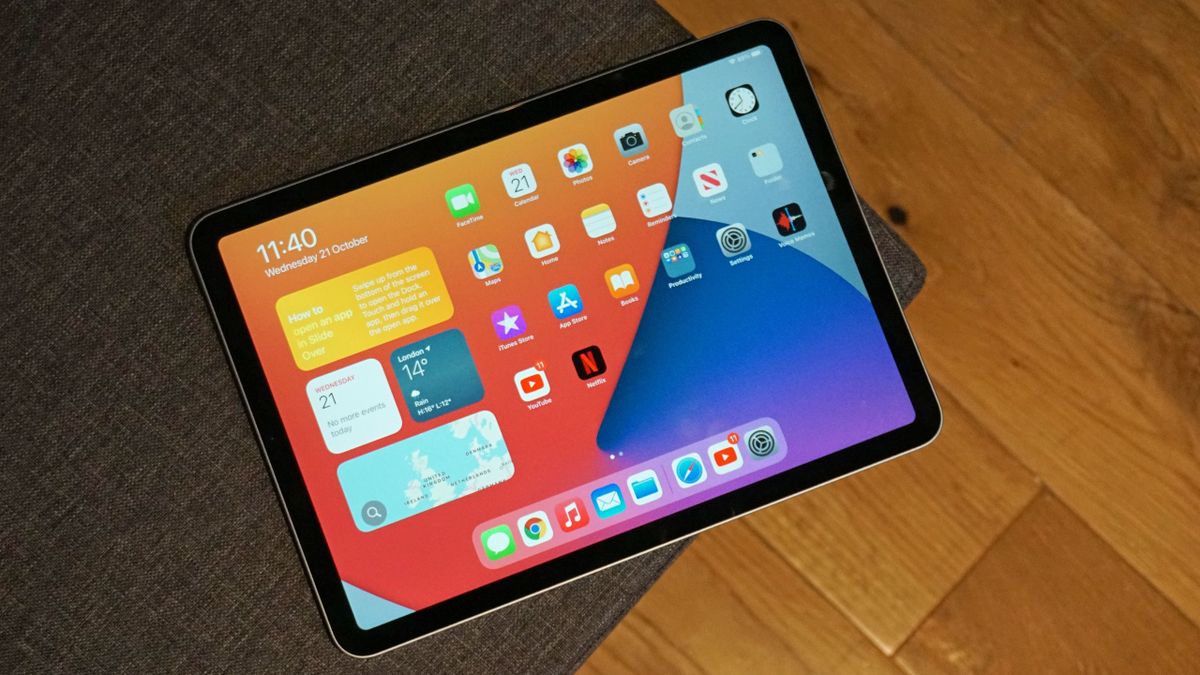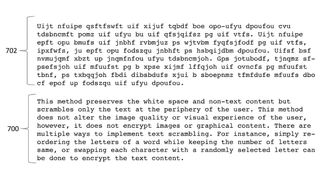Future iPhone or iPad could hide your screen from onlookers
By tracking your gaze

If you ever look at sensitive documents on your iPhone or iPad, or simply like having some privacy in public spaces, then Apple might soon offer a new technology to help you, by keeping your screen obscured or unintelligible to prying eyes.
In a patent dubbed "Gaze-dependent display encryption" that was granted on May 4 and spotted by Apple Insider, Apple has detailed a system that would allow your iPhone or iPad to track your eyes so it can see exactly what part of a document you’re looking at.
Those sections would remain legible, but the device would obscure all the parts that you’re not actively reading.
- The new iPad Pro 2021 recently launched
- Check out the best iPhone apps
- These are the best iPad apps

However, this system wouldn’t simply blank out the rest of the text, instead one proposed method is to re-order or swap out the letters, so the words become gibberish. This would make it harder for observers to work out which part of the screen is readable than if the rest were simply blacked out or similar.
The system would unscramble text as the user reads, while scrambling the bits their eyes have moved on from, and in theory it should make for a seamless reading experience for the intended viewer and an extremely challenging one for anyone else.
Of course, for this system to work it would need extremely precise gaze tracking, probably beyond what Apple’s current devices are capable of.
But with its Face ID system the company is likely a lot closer to being able to pull something like this off than most rivals, so we wouldn’t be surprised if we see it one day. Just don't count on seeing it on the iPhone 13.
Get daily insight, inspiration and deals in your inbox
Sign up for breaking news, reviews, opinion, top tech deals, and more.
- The iPad Mini 6 could land this year
James is a freelance phones, tablets and wearables writer and sub-editor at TechRadar. He has a love for everything ‘smart’, from watches to lights, and can often be found arguing with AI assistants or drowning in the latest apps. James also contributes to 3G.co.uk, 4G.co.uk and 5G.co.uk and has written for T3, Digital Camera World, Clarity Media and others, with work on the web, in print and on TV.
Most Popular

